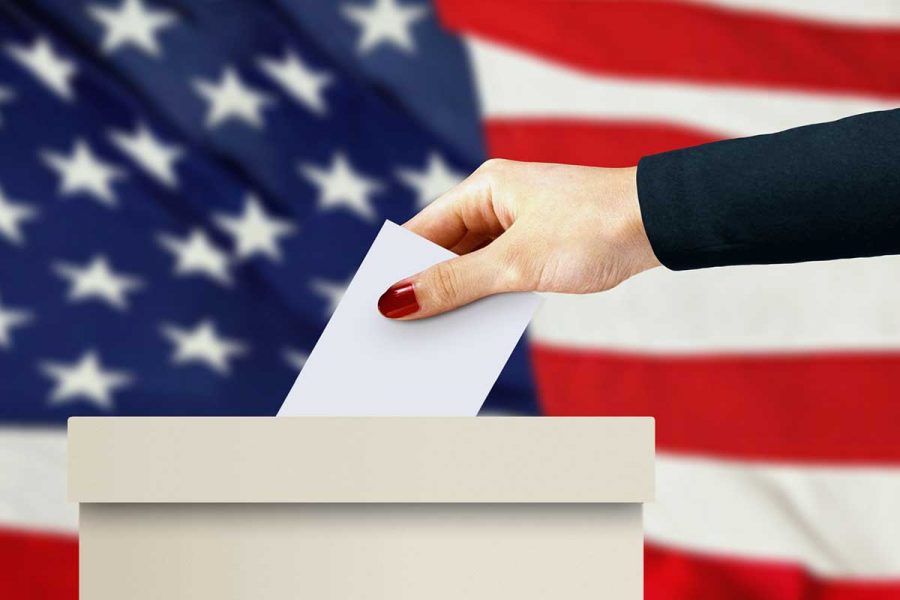Waste of a vote
As the polarization between Republicans and Democrats continues to grow, is a third party candidate a realistic solution to this problem?
Republicans and Democrats are more and more isolated by the day, and an increasing number of Americans feel left out. A poll by Gallup discovered that only 39% of Americans have a favorable opinion of how the two main parties are leading America, and 43 % of Americans call themselves “independent.”
But will this change anything at all in the political process?
The debate over third party candidates was reignited after former Starbucks CEO Howard Schultz announced he was considering running as an independent in the 2020 election. He received abuse from both Democrats and Republicans as Michael Bloomberg said “an independent would just split the anti-Trump vote” and Donald Trump said “Howard Schultz doesn’t have the guts to run for President!”
“I think the U.S. has such a strong history of two parties that has made it impossible for third party candidates to really have a chance of winning. Maybe at the local level [they could win],” Government teacher Kellie Burke said. “For a third party candidate to be successful it would have to take an implosion of one of the main parties, or continued local success. I think it’s unlikely for a third party candidate to win a seat in Congress or the presidency.”
This two party system is really a uniquity to the United States. Most democratic countries have more than two parties. In Israel, for example, twelve parties or party alliances held seats in the national legislature. Japan has several major parties, including the Liberal Democratic Party, the Democratic Party of Japan, the New Komeito, and the Japanese Communist Party. It’s different in the U.S. because the whole election system is set up against third parties.
For one, each U.S. state has their own ballot access laws that determine who may appear on the ballots. These laws are supposed to prevent numerous candidates from being on the ballots, leading to splitting the votes of similarly minded voters, yet this type of election goes fine in other countries like France, Brazil and Spain.
The 1974 Federal Election Campaign Act is another obstacle for third parties. Third parties are only eligible to receive public funds after the November election and then only if they appear on the ballot in at least ten states and obtain at least five percent of the national popular vote are they allowed to continue to the general election.
A final reason is a lack of media coverage. The media hypes up Republican and Democratic candidates and barely covers third parties. Donald Trump received the support he did because of the extensive TV time the media gave him.
The reality is third party candidates will probably not be able to carve out a significant role in the U.S. government beyond raising important issues for major political parties to address. Anything beyond this is pretty challenging considering the lack of a platform they receive.
“I don’t think I could ever vote for a third party candidate. Voting for a third party candidate feels like a useless vote,” senior Izzudeen Yahia said. “They end up finishing millions of votes behind anyway.”
All third parties combined received about 5% of the total vote during the 2016 election. It seems likely this percentage won’t change in 2020, even amid a growing number of Americans who are unhappy with current leadership.

Senior Luke Elkins is in his 3rd year in the A-Blast. He has previously been a staff writer and sports editor. He plays varsity soccer and plays...









